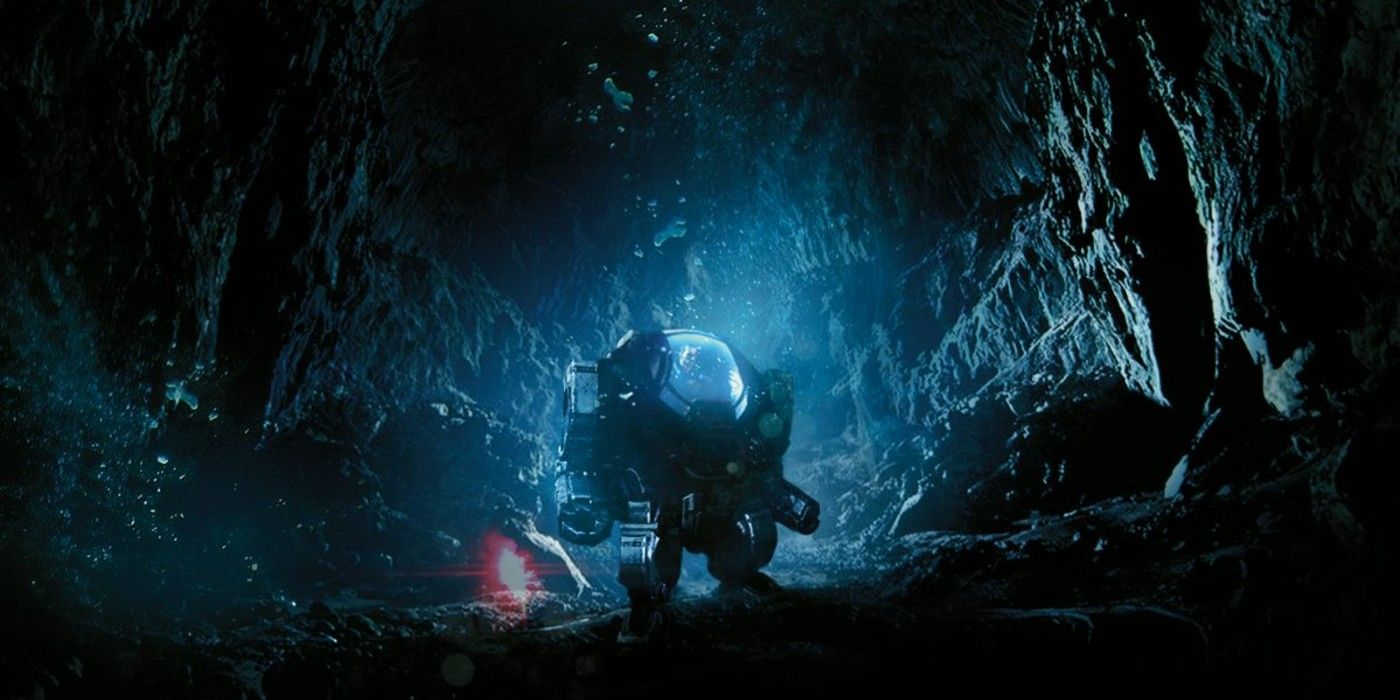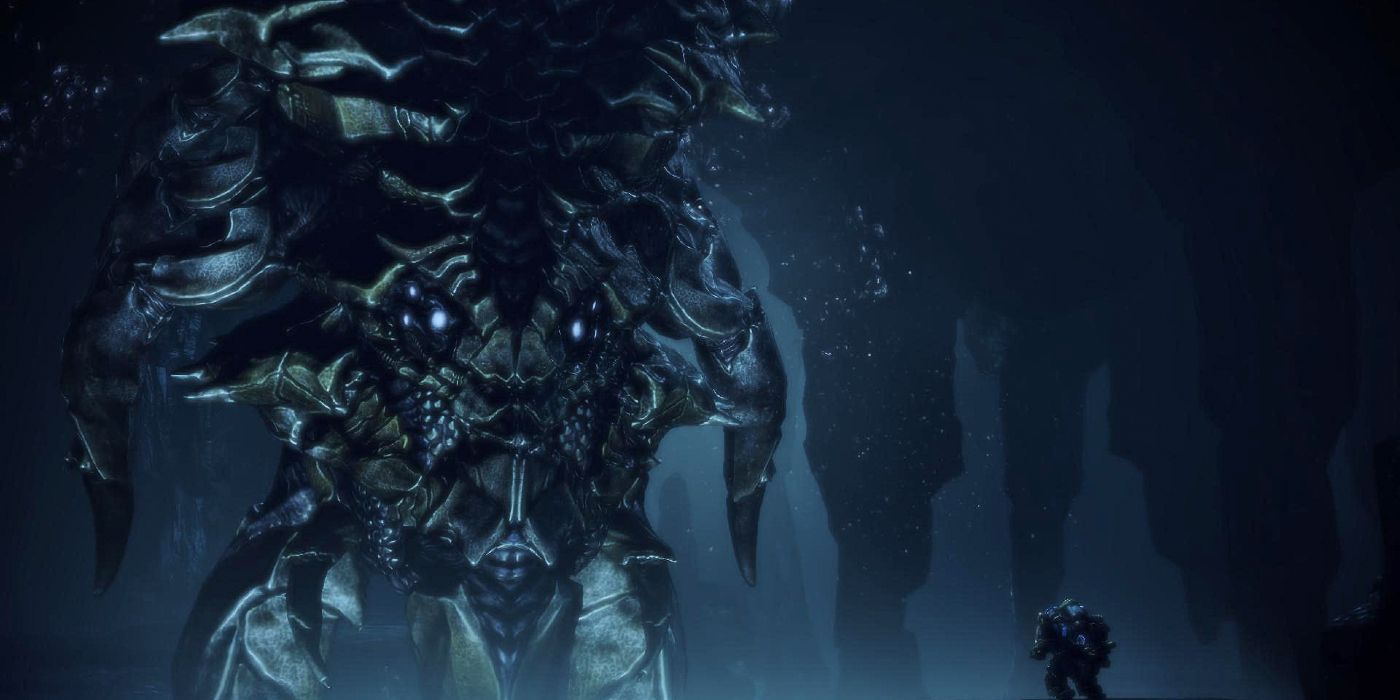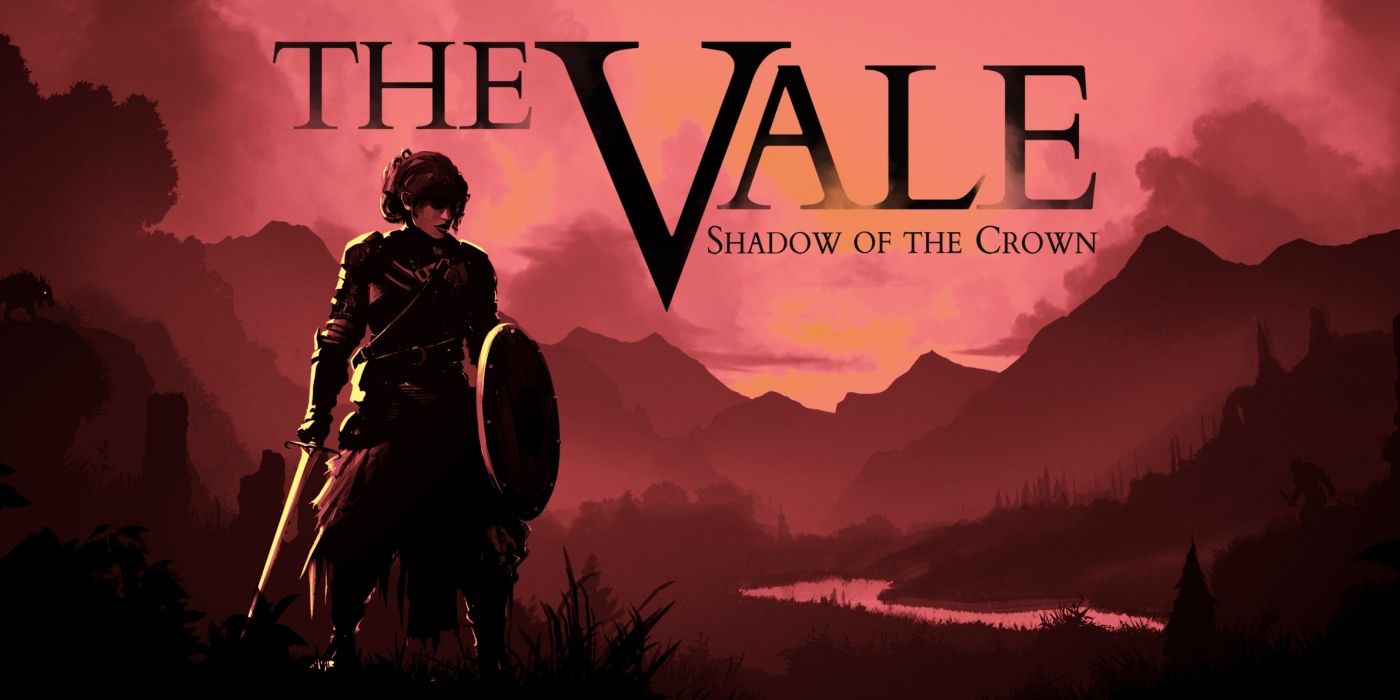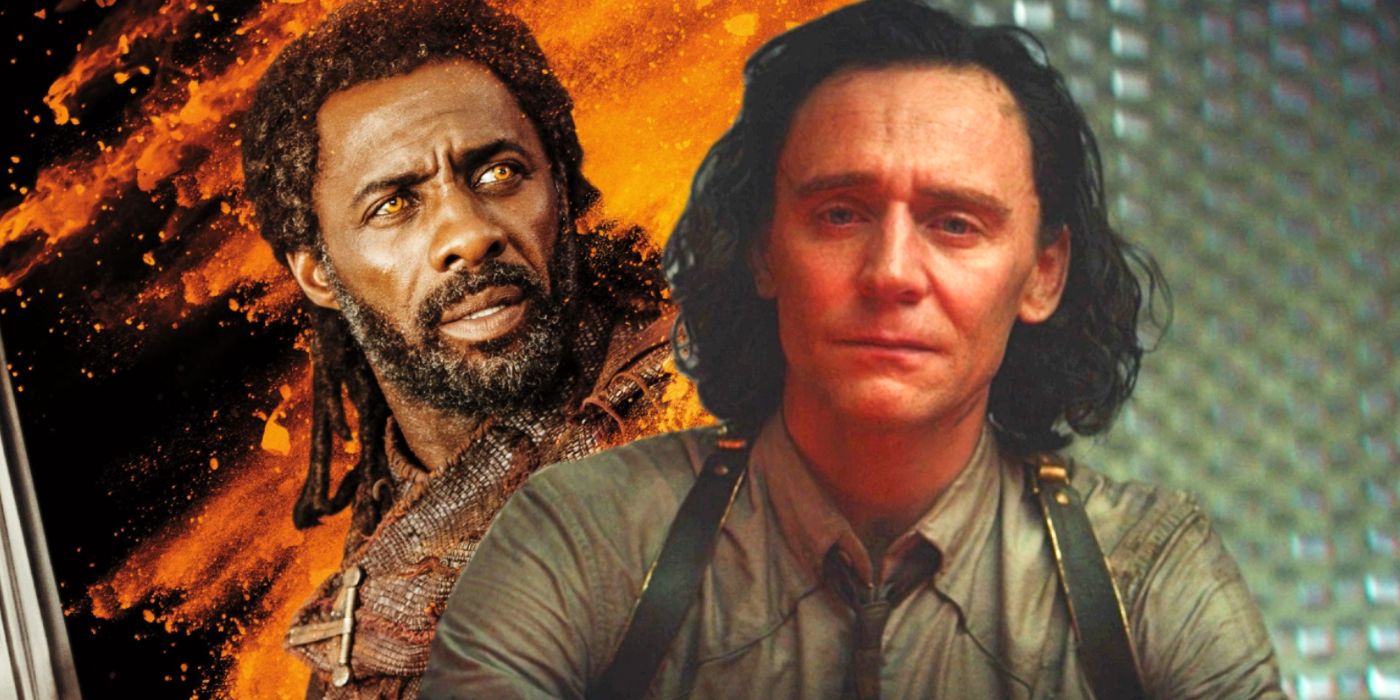

Idris Elba believes Heimdall could still return to the Marvel Cinematic Universe – and it’s easy to see how he would fit in with Loki season 2. When Marvel first began to market Avengers: Infinity War, president Kevin Feige warned the deaths would be permanent. The MCU had become notorious for its revolving-door approach to death, but Feige suggested this was going to change now that Thanos was fully arriving on the scene.
He was overstating, of course. It’s true that Infinity War did kill off multiple characters both before and after the Snap, but few were permanent. In reality, because of time travel in Avengers: Endgame, only one death has lasted: Idris Elba’s Heimdall, who was killed by the Mad Titan Thanos when he sacrificed himself to send the Hulk to Earth. Elba himself is aware he’s operating within a superhero universe where death is just an inconvenience, though, and he believes Heimdall could return to the MCU. “I think the constraints of the sort of superhero universe are none,” he observed in an interview, “so everything is possible. I think that Heimdall is an amazing character and still exists.“
He’s certainly not wrong, especially after the events of Loki season 1. This saw the birth of Marvel’s “Multiverse of Madness,” with the timeline freed from the control of He Who Remains and the creation of countless branched realities. There are undoubtedly now timelines where Heimdall never came into contact with Thanos, and others where he survived Thanos’ attack on the Asgardian refugees (given one variant of Loki was an alligator, there may well be timelines in which Heimdall is a wise old owl too). That means Heimdall could easily return in future Multiversal adventures, and it would be particularly easy to see him coming back in Loki season 2.
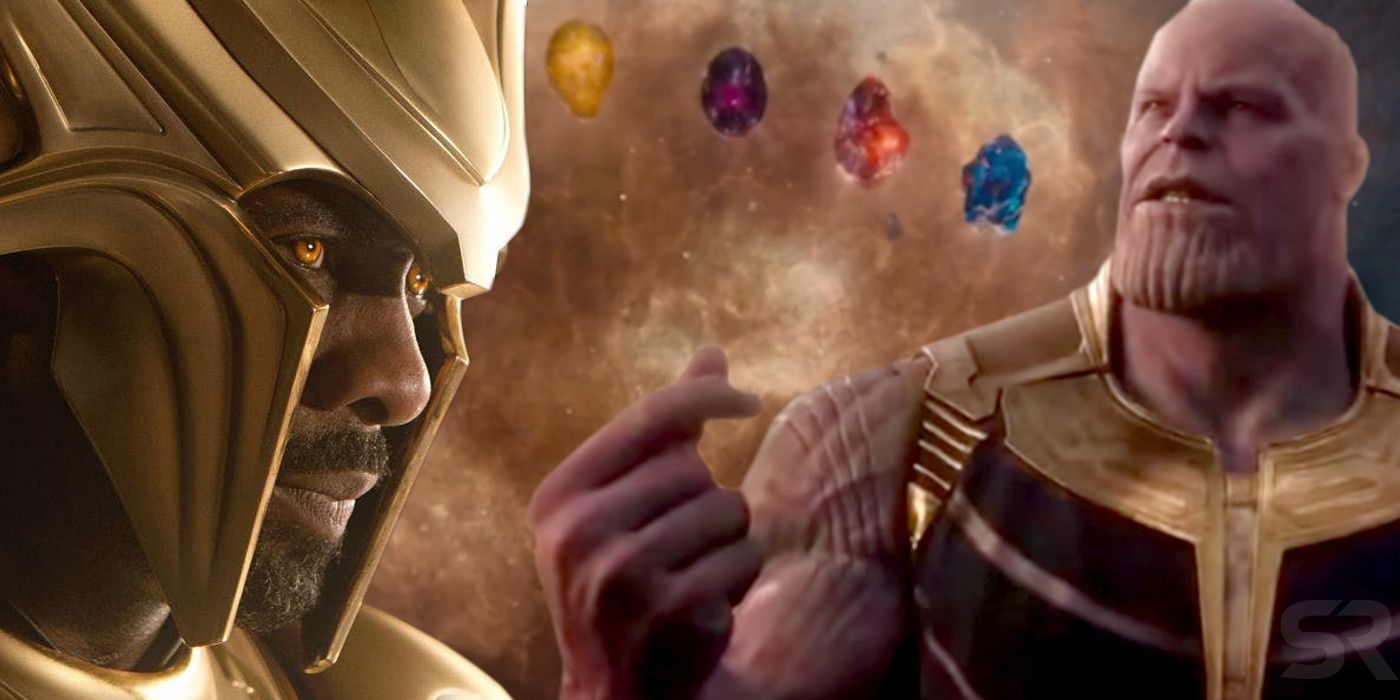
Loki season 1 unlocked the Multiverse, and saw a variant of the God of Mischief come face to face with other Lokis from branched realities. Season 2 could take things in a different direction, though, by having Loki encounter variants of people he knows well – alternate versions of Thor, perhaps, or of Heimdall and the Warriors Three. This would easily allow Marvel to bring Heimdall back, and they could switch the character up in any way they wished. Perhaps in one timeline Heimdall is ruler of Asgard, or in another he’s used his powerful sight to become the ultimate thief. Anything is possible.
But the interesting question is whether or not variants of Heimdall are aware of the Multiverse’s existence. Heimdall, after all, possesses the ability to look through time and space, to peer across the Nine Realms and beyond. It’s entirely possible that power has been extended now the Multiverse has been created, meaning every version of Heimdall could potentially be able to see what is happening in other timelines – and may be able to look into the TVA’s mysterious base as well. If that is the case, Heimdall could become an essential ally for Loki in season 2.
